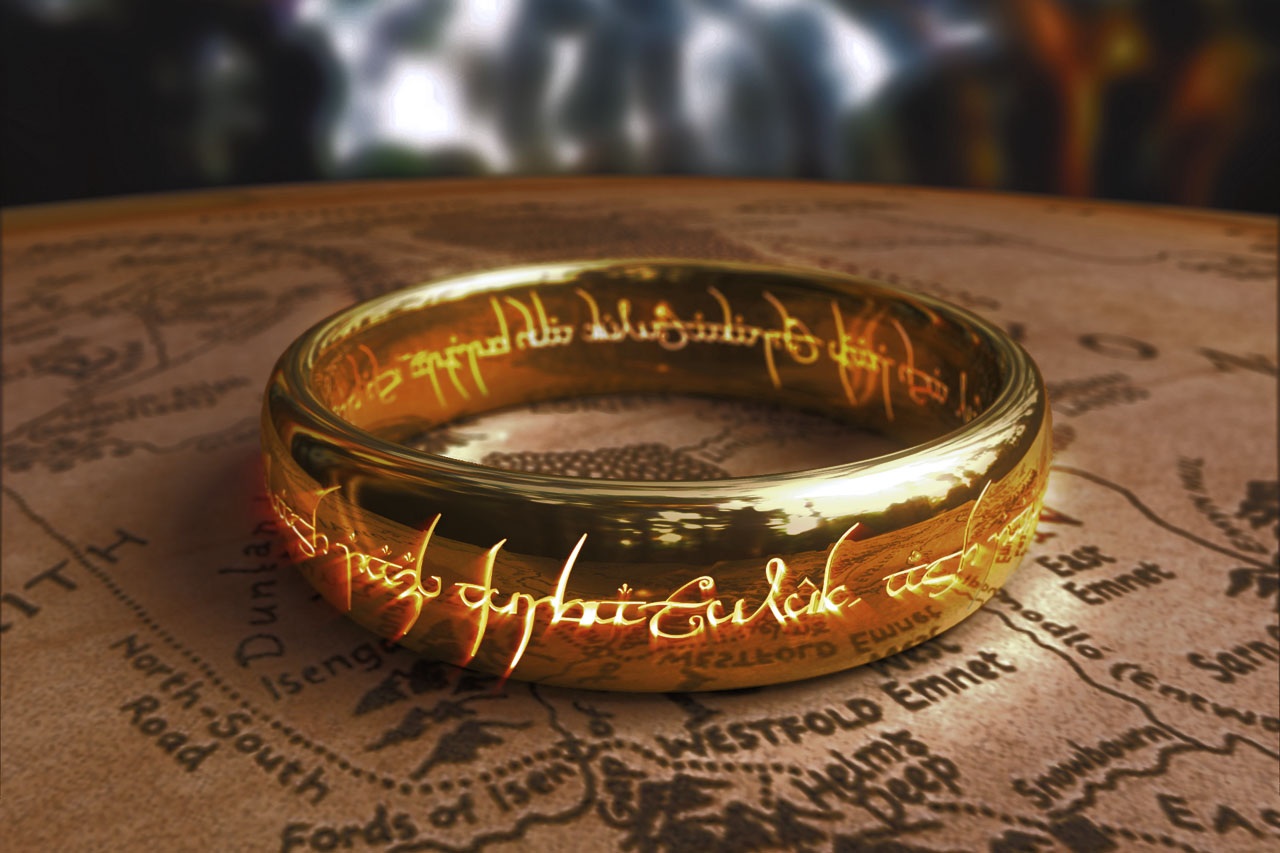
Top 30 Cartoon Characters That Were Villains
Our list rounds up the top 30 cartoon characters that were villains, each one more wonderfully wicked than the last.
Essays, Opinions
Tolkien’s books reveal strength in unlikely places, the lure of corruption, the power of friendship, and the proximity to destruction.


The ‘You shall not pass‘ line of Gandalf should be etched on marble. Well, at least that scene, since that ‘film show’ night back in high school, is marked on my mind from The Fellowship of the Ring. Gray-robed and bearded wizard, legs apart in a determined stance, faint bluish aura of risen magic whining softly and forming a domed defense in the face of an adversary made up entirely of gloom, with hell-fire red and yellow to define its features.

For many weeks after the ‘film show,’ I would chant that phrase at any given opportunity…well, mostly when we were queued up in front of the dining hall.
At other times, carelessly laying about a mosquito net pole would be my staff of power…for as long as I could hold on to it. Those grubby-handed seniors were so jealous of my power tool. I’d dream of wielding a staff spitting powerful magics to crush waves of evil seniors, commanding plane-sized eagles, and just doing things wizards did. Imagine my surprise to hear it was the movie adaptation of a trilogy. The book evangelist didn’t need to proselytize long. Anyone who had thought up such a powerful stance must be worth knowing, and he was.
Although I wouldn’t read the books for another couple of years, I was already stricken by a god I hadn’t seen. And I would grow disgusted by the heretical misrepresentation of the Book.
Having read a lot of myths spanning quite a number of cultures, as well as many storybooks by fellow deities – Enid Blyton and C. S. Lewis (who I learned was his friend too), I was pretty confident in my knowledge of all the races in any fantasy world setting. Mostly good, many tricky and very few outright evil – dwarves, elves, trolls, gnomes, giants, pixies, demons, genies, dragons. Tolkien, for it is he whom we speak of, created new races – orcs and Uruk-hai, Hobbits and Ents.
John Ronald Reuel Tolkien was born in 1892 and still lives. Perhaps he’s proof vampires exist.

His works have become classics that newer authors and RPG developers continually reference, perhaps because of his diligent detailing. By the heavens, he made ‘painstaking‘ all pains for me in The Silmarillion. I have a low attention span, yet I learned the hard way that I would need to return if I skipped any line because things may very well become tangled up.
I don’t know what may have been running through his head, but creating names for his genealogies is nothing short of mind-blowing…or mind-numbing. Last time I saw such nomenclature was in Matthew of the Good Book.

He is described as a Philologist, which may have been instrumental in developing an authentic and elaborate language used in his books for his races. It is impressive that the poems and songs were sung and translated.
Toklien’s books reveal strength in unlikely places, the avalanche-esque influence of the small things, the lure of corruption, the nigh-unbearable weight of responsibility and honor, the power of friendships, the sacrifice in love, the snottiness of elves, the pigheadedness of dwarves, and the proximity to world destruction. He is described as a Philologist, which may have been instrumental in developing an authentic and elaborate language used in his books for his races. It is impressive that the poems and songs were sung and translated.
He created a world of adventure so rich and striking that it is hard not to compare recent literary works with his. Perhaps he did create the One Book to rule them all.


Our list rounds up the top 30 cartoon characters that were villains, each one more wonderfully wicked than the last.

DC is great at making comics and animated movies, while the MCU has the upper hand in its cinematic aspects

Discover the best apps to read books for free in 2025. Access thousands of free e-books and audiobooks on your phone or tablet. ...

There are some outright funny cartoon characters who exist solely to crack you up, loud, hard, and with zero apology.

Things Fall Apart is for the colonizers as well as the colonized, helping to understand the role of colonialism in the realization...

While many of the Nollywood movies on our list are quite old, it’s a testament to the capabilities of the industry’s p...

While this isn’t an exhaustive list, it comprises some of the most popular mythical creatures from around the world.